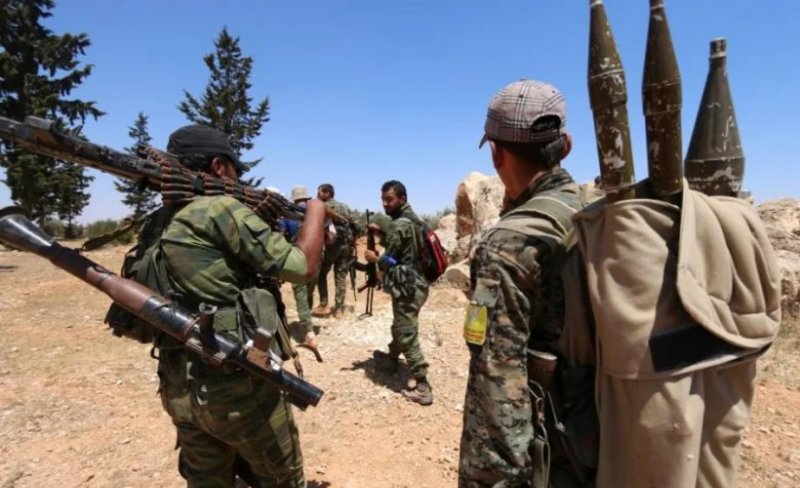Editor’s note: Engin Ozer is a Turkish political scientist. The article expresses the personal opinion of the author and may not coincide with the view of News.Az.
In a development that few would have predicted even a year ago, the Kurdistan Workers’ Party (PKK) has officially announced its self-dissolution. According to Kurdish media outlet Rudaw, the decision was finalized during the party’s 12th congress held from May 5 to 7. In its statement, the PKK declared the disbanding of its organizational structures, the termination of its armed campaign, and the closure of its activities under the banner that has defined Kurdish militancy for over four decades.
By all appearances, Türkiye may be on the verge of turning a historic page in its decades-long conflict with the Kurdistan Workers’ Party (PKK). For nearly five years now, attacks by PKK militants on Turkish soil have all but disappeared. Isolated incidents still occur—mostly across Türkiye’s borders in Iraq or Syria—but the prolonged era of domestic armed confrontation appears to be over.
What many in Western capitals fail to fully appreciate is that the PKK as a fighting force has long ceased to exist within Türkiye’s borders in any meaningful sense. Over time, the organization shifted its operational focus to northern Syria, embedding itself within the Syrian Democratic Forces (SDF), primarily through its affiliate, the YPG. While the geopolitical implications of this shift remain complex, one fact is clear: within Türkiye, the guns have largely fallen silent.
Ankara, to its credit, has begun to meet long-standing calls for greater cultural and civic rights for its Kurdish citizens. Recent steps—such as expanding Kurdish language education and increasing the powers of local governments—fall short of autonomy or federalization, but they mark a significant pivot toward inclusivity. These reforms, if sustained, could strengthen Türkiye’s case for deeper integration with Europe, where unresolved ethnic tensions have long been a sticking point in EU-Türkiye relations.
But the story does not end here. What we are witnessing is not merely a ceasefire, but the slow transformation of the Kurdish movement itself. Kurdish political parties—some with former PKK members among their ranks—are gaining traction in Türkiye’s parliamentary system. The Kurdish question is no longer framed solely in the language of conflict but is increasingly debated in the political arena. This shift has the potential to reshape Türkiye’s domestic and regional dynamics for years to come.
It also carries budgetary and strategic implications. As the internal security threat diminishes, the Turkish military may find itself receiving fewer resources under the banner of counter-terrorism. This, in itself, is a sign of progress. Every lira diverted from military operations to civic development marks a victory for Turkish society as a whole.
The case of Abdullah Öcalan, the imprisoned PKK leader, remains symbolic of Türkiye’s unfinished journey. While full amnesty seems unlikely, discussions have emerged about possibly easing his conditions—perhaps transitioning him to house arrest in the twilight years of his life. Such a move would undoubtedly stir controversy but could also serve as a reconciliatory gesture that acknowledges the political, not just military, nature of the conflict.
Yet the road ahead is far from smooth. The Kurdish political landscape remains fragmented, riddled with competing factions and leadership struggles. While the current trajectory appears promising, there are no guarantees. The process of political integration, like any transition from violence to dialogue, will face setbacks and moments of uncertainty.
Nevertheless, for the first time in a generation, there is genuine reason to believe that Türkiye and its Kurdish citizens are moving toward a political settlement—however imperfect or incomplete. The challenge now lies in maintaining momentum, avoiding provocation, and ensuring that today’s cautious optimism does not give way to tomorrow’s renewed conflict.
The stakes are high, but so is the opportunity. It is up to Türkiye—and its Kurdish population—to seize it.
(If you possess specialized knowledge and wish to contribute, please reach out to us at opinions@news.az).
